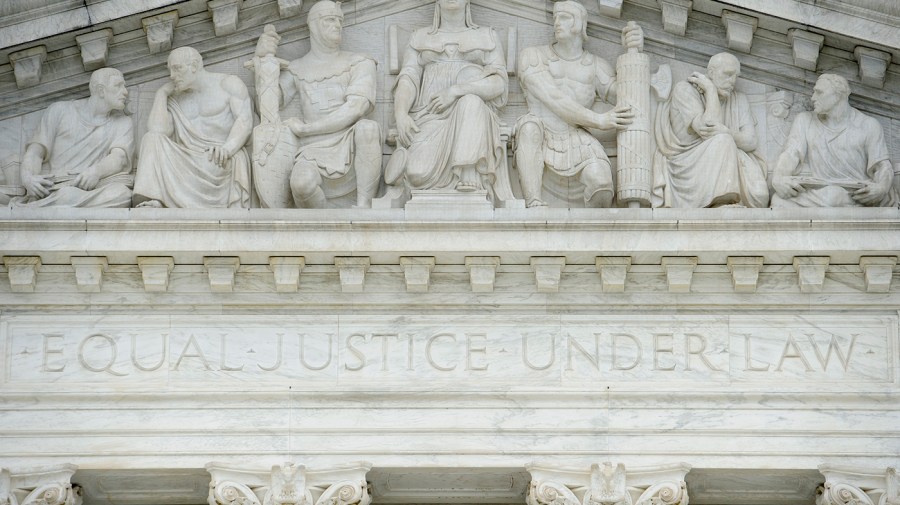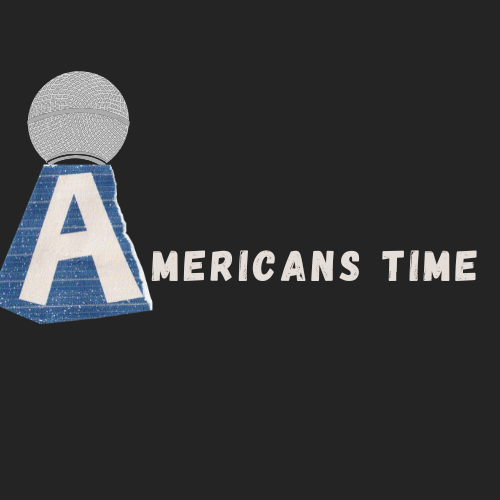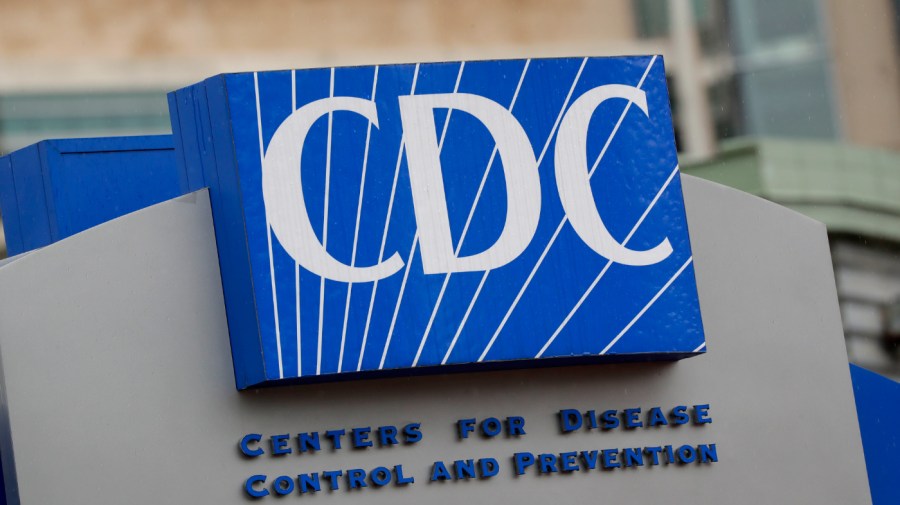

A group of plaintiffs suing President Trump over his reciprocal “Liberation Day” tariffs said they asked the Supreme Court to leapfrog a lower court to immediately take up whether the levies are legal.
Two federal courts found Trump unlawfully invoked the International Emergency Economic Powers Act (IEEPA) to justify his tariffs, but both rulings are on hold as the administration appeals.
Insisting the dispute will inevitably fall to the Supreme Court, two education businesses that are suing asked the justices to hear the case now. It marks the first time the Supreme Court has been called on to get involved in the battle, which has caused turmoil in financial markets and shifts in global trade flows.
“In light of the tariffs’ massive impact on virtually every business and consumer across the Nation, and the unremitting whiplash caused by the unfettered tariffing power the President claims, challenges to the IEEPA tariffs cannot await the normal appellate process (even on an expedited timeline),” the petition reads.
Agreeing to the request would mark a rare step for the justices, as it would effectively pluck the case out of the lower courts before they finish resolving the administration’s appeals in normal course.
The businesses, Learning Resources and hand2mind, asked the justices to schedule the written briefing deadlines during their summer recess so the case can be argued when they return in October. The plaintiffs also floated the justices consider holding a special September session to decide it quicker.
“Even as these punishing tariffs cause American businesses and consumers to bleed billions of dollars each month, there will be no relief any time soon,” their attorneys at law firm Atkin warned.
The petition, which was first reported by Bloomberg, was not immediately available on the court’s public docket, as is typical. But the plaintiffs said they filed it Tuesday.
The Hill has reached out to the Justice Department for comment.
The case is one of two in which plaintiffs have convinced a federal court that Trump’s tariffs under the IEEPA are unlawful. Trump has cited trade deficits and an influx of fentanyl as crises that enable him to invoke the emergency law, but the efforts have been facing legal scrutiny on multiple grounds.
The education businesses sued in Washington, D.C., where U.S. District Judge Rudolph Contreras invalidated Trump’s “Liberation Day” tariffs as applied to the two businesses. The April 2 announcement had imposed a 10 percent baseline tariff and higher reciprocal rates on dozens of trading partners, and Contreras’ order also covered additional tariffs Trump imposed against China.
Contreras is an appointee of former President Obama.
His ruling came just after a three-judge panel on the U.S. Court of International Trade blocked those tariffs nationwide as well as ones Trump imposed on Canada and Mexico dating back to February. An appeals court has lifted that ruling until it resolves the appeal, and oral arguments are set for July 31.







